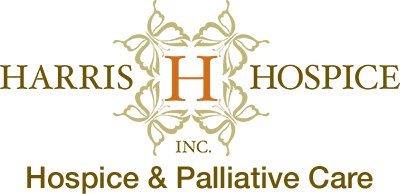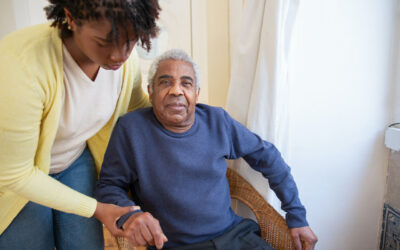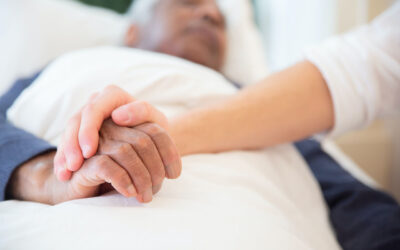Have you ever wondered just how long it’s possible to go without food? People who are elderly, ill, or in hospice care often find themselves wanting to know the answer to this question. If you’re a caregiver for someone, understanding this information can help ensure their safety and well-being, while those in palliative care must be aware of the timeline they may face.
This article provides insight into what experts have discovered about how many days a person can go without food. We’ll cover everything from survival rates amongst holistically healthy adults to medical conditions that cause variability in life expectancy when no consumption of food is given. Armed with this knowledge, readers will feel confident that they understand the timeline associated with surviving without eating – whether for themselves or for someone else.
What Happens to Your Body When You Are Without Food for Prolonged Periods
When you go without food for a prolonged period, your body goes into a state of survival mode. This means that it will start to use whatever resources it has left in order to keep you alive. Your body will first start to use the glucose that is stored in your liver and muscles to provide energy for your cells to function. Once this glucose is used up, your body will then start to break down fat in order to create energy. Eventually, your body will start to break down muscle tissue to create energy, which can lead to muscle wasting. Your body will also start to slow down its metabolic rate, which can make it difficult to lose weight even after you start eating again.
How Long do Hospice Patients Live Without Eating?
When it comes to hospice care, it’s natural to have questions about the end-of-life process. One common question that often arises is how long hospice patients can live without eating. While the answer can vary depending on the individual and their specific circumstances, it’s important to understand that when a person is nearing the end of their life, their body may start to shut down and they may lose their appetite. It’s not uncommon for hospice patients to stop eating and drinking altogether in the days or weeks leading up to their passing. While this can be difficult to witness, it’s important to remember that this is a natural part of the dying process and that hospice caregivers are trained to support patients and their families through this challenging time.
When is the Right Time to Stop Feeding a Hospice Patient?
Making the decision to stop feeding a hospice patient is never an easy one. Family members and caregivers may feel conflicting emotions about withholding food and drink, but ultimately, it is a decision that is made in the patient’s best interest. In some cases, the patient’s body may no longer be able to process food, leading to discomfort and other complications. It is important to have an open and honest conversation with the patient’s medical team about their condition and any potential risks or benefits of continuing to provide nutrition. Above all, ensuring the patient’s comfort and quality of life should be the primary concern. Though it can be a difficult topic to broach, having conversations about end-of-life care can help ensure that a hospice patient’s wishes are respected and their needs are met with compassion and dignity.
Why Does Hospice Stop Giving End-of-Life Patients Food and Water?
As difficult as it may be to understand or accept, hospice care often involves withholding food and water from end-of-life patients. This practice, known as terminal dehydration, is not meant to hasten death but rather to help the patient die without experiencing the discomfort and distress of dehydration. It can be a challenging decision for both the patient and the family members, but it is important to remember that hospice professionals do not make this decision lightly. Instead, they carefully weigh the benefits and risks of providing artificial hydration against the patient’s quality of life and care goals. Hospice care is a compassionate and holistic approach to end-of-life care, and decisions about nutrition and hydration are made with the patient’s best interests in mind.
We want our patients and their families to be informed when it comes to making a decision about the hospice care of a terminally ill patient. To learn more about our services or to schedule a free assessment, please contact us at 972.353.0800 or send us a message.






